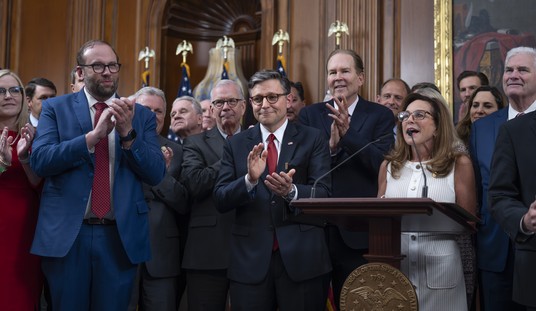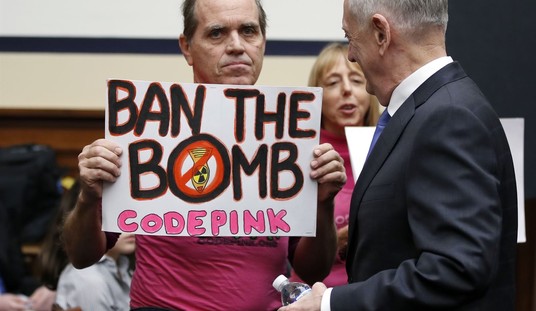In 2013, the government shut down. It was the first shutdown since 1996 and the media, who has no memory of anything existing before 2000 (and that’s being generous), freaked out like you wouldn’t believe. Of course, it doesn’t take someone with an encyclopedic knowledge of history to realize that shutdowns have been used quite often and quite frequently with little to no negative effect on the country as a whole.
Jimmy Carter, for example, with a Democratic House and Senate behind him, led the government shut down five times. Ronald Reagan let it shut down five times. Bill Clinton let it shut down twice. The idea that a 16-day shutdown was the worst thing in the world to happen is hilariously misinformed, when it is only the third-largest shutdown since Gerald Ford’s administration.
Republicans should be the party of smaller government. Given that the most noticeable cutbacks in government in 2013’s shutdown were Twitter accounts announcing they were not going to post anymore and the federal government barring veterans from visiting memorials, I think we all got a clear example of just how frivolously the government chooses to spend its money. In all likelihood, more essential services could have and possibly should have been cut.
There was wailing and gnashing of teeth, however, as Republicans cursed [mc_name name=’Sen. Ted Cruz (R-TX)’ chamber=’senate’ mcid=’C001098′ ] and [mc_name name=’Sen. Mike Lee (R-UT)’ chamber=’senate’ mcid=’L000577′ ] for leading the nation to the brink of a disaster that prevented some intern from posting from Michelle Obama’s Twitter account. They rued the day Cruz and Lee took command of the party narrative during the August recess, when there was such an absence of party leadership that two freshmen senators could do such a thing. They fought and fought and finally opened the government back up. “Oh, how the people will hate us,” they said. “The conservatives have destroyed this party.”
The only election that was in any way impacted by this shutdown was the Virginia gubernatorial race, which also saw the Republican Party at large stop giving money to Ken Cuccinelli. In a race with a huge polling gap, the election saw a mere 2.5% difference between Cuccinelli and Terry McAuliffe, the Democrat who won the race. Post-election data saw that Cuccinelli’s numbers grew dramatically on election day thanks to a last-minute campaign reminding voters of McAuliffe’s extreme stance on abortion (you know, that social issue that everyone says will kill the Republican Party).
2014 saw no sign of shutdown fallout. The Republican Party made huge gains in the Senate, knocking [mc_name name=’Sen. Harry Reid (D-NV)’ chamber=’senate’ mcid=’R000146′ ] out of power (we do not, however, take responsibility for the subsequent injuries). The shutdown did not affect Republicans in a way that was meaningful in any sense. The only harm to come to the party has come through ineffective leadership. [mc_name name=’Rep. John Boehner (R-OH)’ chamber=’house’ mcid=’B000589′ ], part of that leadership, has now exited stage left. McConnell will be a tougher force to get rid of, but if it can be managed (or if he decides to step down because he, too, is tired of the fight), then the Republican Party has a chance to have meaningful victories again.
A shutdown won’t kill the party. [mc_name name=’Sen. Mitch McConnell (R-KY)’ chamber=’senate’ mcid=’M000355′ ] and the lackeys of GOP Leadership in D.C. just might.














Join the conversation as a VIP Member